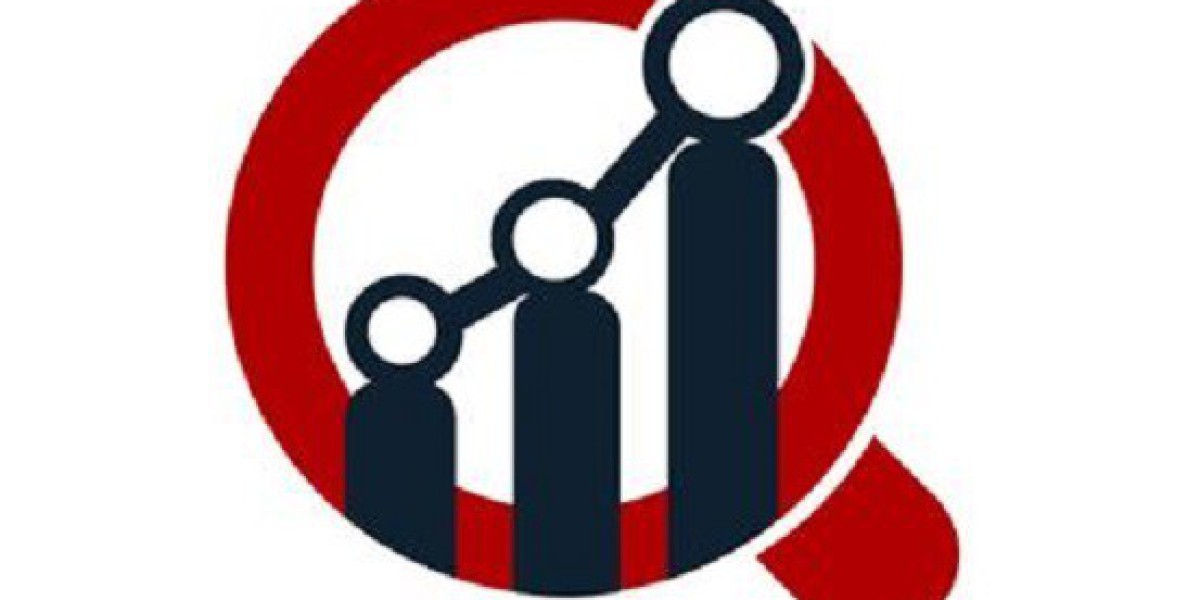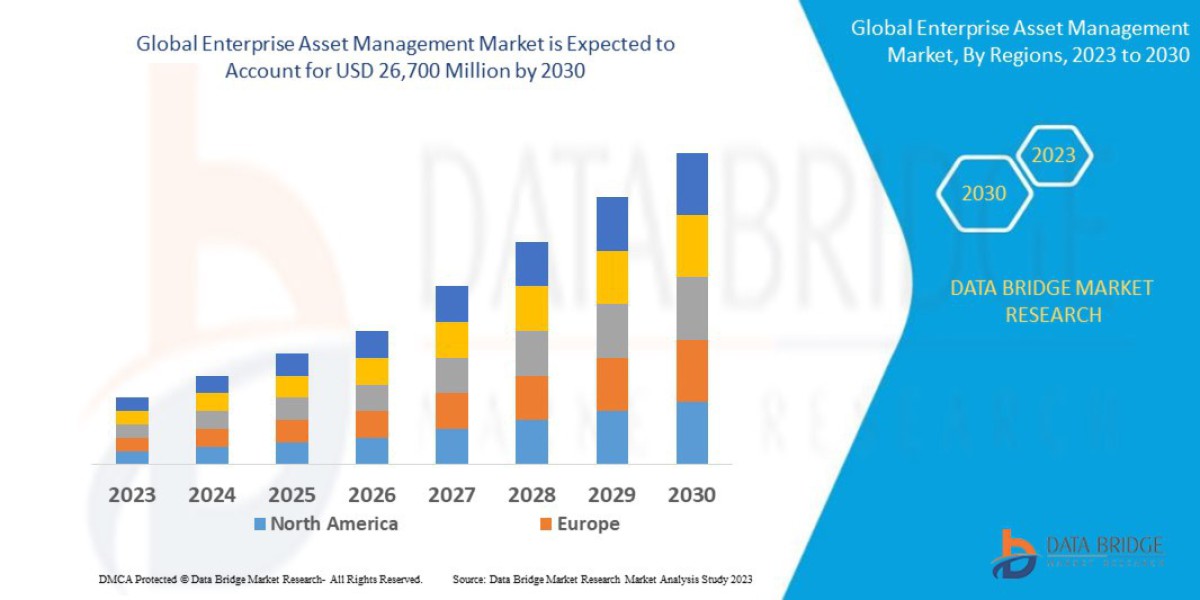The Rise of Remote Healthcare
As healthcare evolves beyond hospitals and clinics, the concept of remote patient monitoring has taken center stage. At the heart of this transformation lies the Home Health Hub—a centralized digital platform that connects patients with healthcare providers from the comfort of their homes. Designed to aggregate and transmit patient data in real time, these hubs are improving chronic disease management, enhancing patient engagement, and reducing unnecessary hospital visits.
From elderly care to post-operative monitoring, home health hubs are reshaping how care is delivered across the globe.
Bridging the Gap Between Patients and Providers
Home health hubs act as a virtual bridge, collecting data from various medical devices—such as glucose monitors, blood pressure cuffs, pulse oximeters, and wearables—and transmitting it to healthcare professionals through cloud-based systems. This enables providers to track patients’ vitals continuously, make timely interventions, and even adjust treatment plans remotely.
This level of continuous connectivity ensures proactive care and reduces the risk of emergency complications, particularly for individuals managing chronic illnesses like diabetes, COPD, or heart failure.
A Lifeline for the Aging Population
With the global population aging rapidly, there’s an urgent need for in-home care solutions that allow seniors to maintain independence while receiving medical oversight. Home health hubs offer just that. By integrating emergency alert systems, medication reminders, and two-way communication tools, these hubs allow elderly patients to live safely and confidently at home.
This technology reduces the burden on caregivers and also helps lower the costs associated with long-term hospital or nursing home stays.
Integration with Telehealth and EMRs
One of the strongest features of modern home health hubs is their seamless integration with telehealth platforms and electronic medical records (EMRs). These systems not only support virtual consultations but also ensure that all patient data is securely stored and accessible across clinical systems.
Such integration boosts care coordination, enhances accuracy in diagnostics, and supports value-based care models that focus on outcomes rather than volume.
Data Security and Compliance
With real-time data transmission, privacy becomes a top concern. Home health hubs are equipped with end-to-end encryption, secure logins, and compliance with HIPAA, GDPR, and other data protection frameworks. This ensures that sensitive patient information remains secure while enabling healthcare providers to make informed decisions.
Many platforms also offer customizable access controls, allowing patients to decide who can view their health data.
Market Drivers and Growth Opportunities
Several factors are fueling the rapid growth of the home health hub market. These include the rising prevalence of chronic conditions, advancements in IoT-enabled medical devices, increasing healthcare costs, and growing acceptance of digital health platforms. Additionally, government initiatives promoting remote healthcare solutions, especially in rural and underserved areas, are contributing to widespread adoption.
Emerging trends such as AI-enabled health analytics, voice assistants for patient interaction, and integration with smart home devices are further propelling innovation in this space.
Looking Ahead: The Future of Decentralized Care
The future of healthcare lies in decentralization, and home health hubs are central to this shift. By enabling continuous care outside hospital walls, these platforms support personalized medicine, encourage better patient compliance, and create a data-rich environment for predictive analytics.
As technology evolves, we can expect even more intelligent, intuitive, and accessible home health hub solutions designed to deliver care anytime, anywhere.



